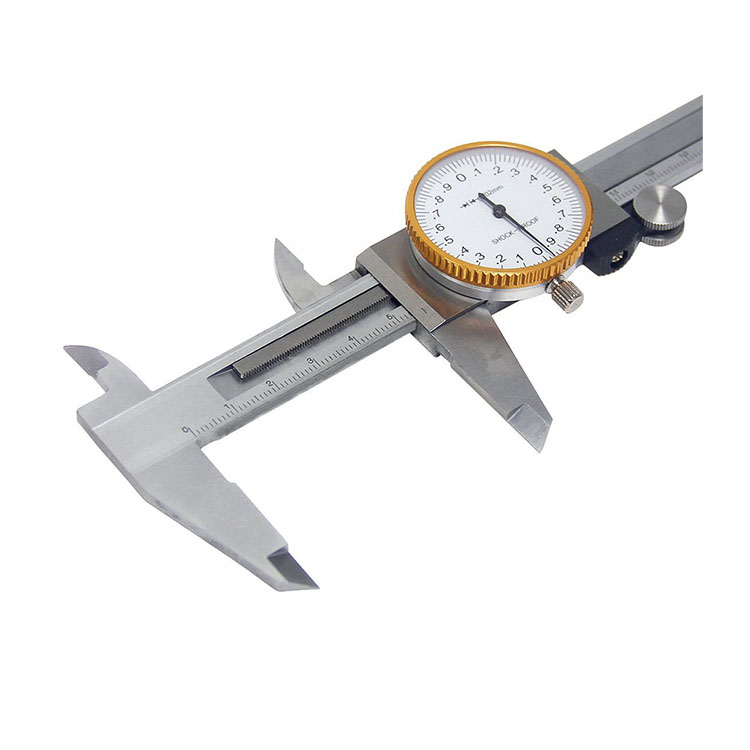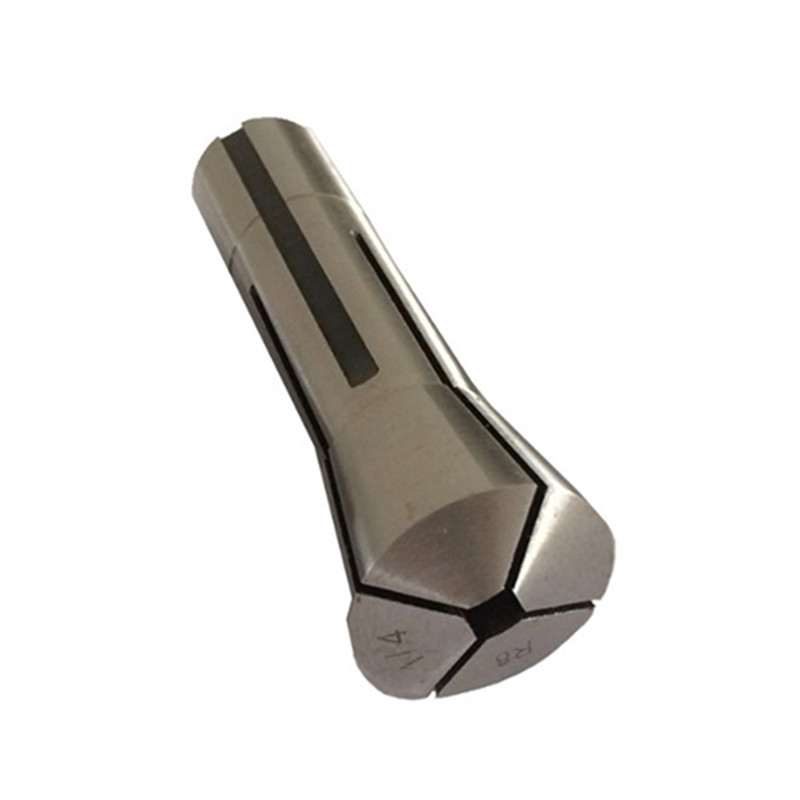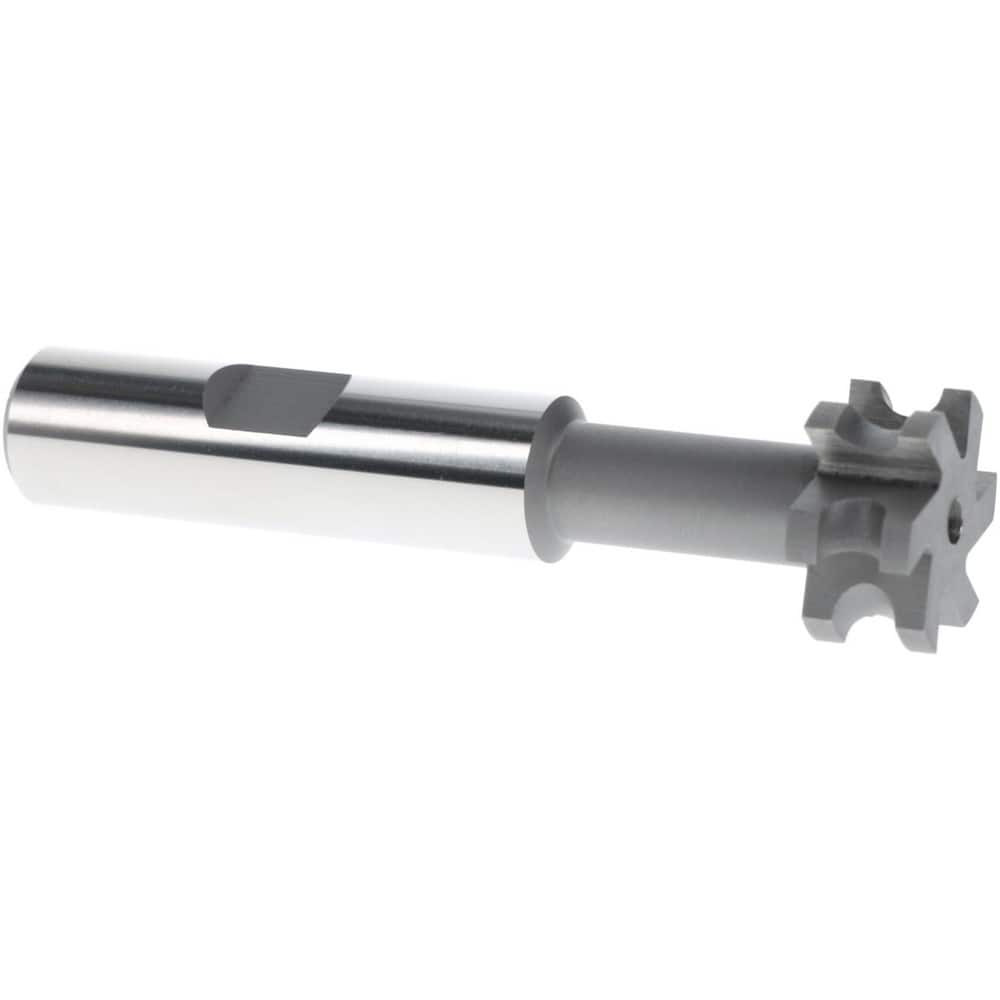milling chuck Manufacturers
Choosing the right milling chuck manufacturers is crucial for achieving precision and efficiency in your machining operations. This guide explores the key factors to consider when selecting a manufacturer, the different types of milling chucks available, and tips for ensuring optimal performance and longevity.
Understanding Milling Chucks
A milling chuck is a vital component of a milling machine, responsible for securely holding the cutting tool in place during machining operations. The chuck's grip strength, accuracy, and overall design directly impact the quality of the finished part. Selecting the right milling chuck is essential for achieving desired tolerances, surface finishes, and machining efficiency.
Types of Milling Chucks
Several types of milling chucks cater to different machining needs. Here's an overview of the most common types:
- ER Collet Chucks: Widely used for their versatility and affordability. They utilize ER collets, which are available in a wide range of sizes to accommodate various tool shank diameters. Ideal for general-purpose milling applications.
- Shrink Fit Chucks: Offer exceptional concentricity and gripping power, making them suitable for high-speed machining and demanding applications. Tools are held by heating the chuck body, expanding the bore, and then allowing it to shrink back onto the tool shank.
- Hydraulic Chucks: Provide excellent vibration damping and gripping force. They use hydraulic pressure to secure the tool, resulting in improved surface finish and tool life. Well-suited for applications requiring fine surface finishes and tight tolerances.
- Power Chucks: These chucks are automatically actuated, usually by hydraulic or pneumatic pressure. They allow for quick tool changes and can be used in automated machining setups.
- Side Lock Chucks (Weldon Chucks): Provide a strong and secure hold for tools with Weldon shanks. These chucks utilize a set screw to lock the tool in place.
Factors to Consider When Choosing Milling Chuck Manufacturers
Selecting the right manufacturer is paramount to ensuring you receive high-quality, reliable chucks. Consider the following factors:
- Reputation and Experience: Look for manufacturers with a proven track record of producing high-quality milling chucks. Check online reviews and ask for references from other customers. A manufacturer with significant experience in the industry is more likely to have the expertise and resources necessary to meet your needs.
- Product Range and Customization: Does the manufacturer offer a wide range of milling chucks to suit your specific applications? Can they provide customized solutions if needed? A versatile product range ensures you can find the right chuck for every job.
- Quality Control: What quality control measures are in place to ensure the accuracy and reliability of their milling chucks? ISO certifications and rigorous testing procedures are good indicators of a commitment to quality.
- Materials and Manufacturing Processes: What materials are used in the manufacturing process? Are the chucks made from high-quality steel or other durable materials? The manufacturing processes should be precise and consistent to ensure optimal performance.
- Technical Support and Customer Service: Does the manufacturer offer adequate technical support and customer service? Can they answer your questions and provide assistance with installation, operation, and maintenance?
- Pricing and Lead Times: Compare pricing from different manufacturers to ensure you are getting a competitive price. Also, inquire about lead times to ensure the chucks will be delivered when you need them.
Top Milling Chuck Manufacturers (Example)
While it is impossible to list every reputable manufacturer, here are a few well-regarded companies known for their quality milling chucks (Please note that this is just an example and requires further research to ensure accuracy and up-to-dateness):
- SCHUNK: A global leader in gripping systems and automation components, offering a wide range of high-precision milling chucks.
- Kennametal: Provides a comprehensive portfolio of tooling solutions, including milling chucks designed for demanding machining applications.
- BIG Kaiser: Specializes in high-precision tooling and measuring systems, with a focus on providing innovative solutions for the metalworking industry.
- Wayleading Tools: Known for offering reliable and competitively priced tooling solutions, including a range of milling chucks suitable for diverse machining needs. They focus on providing cost-effective solutions without compromising on quality.
Choosing the Right Milling Chuck for Your Application
Selecting the appropriate milling chuck depends on several factors, including:
- Machine Type: Consider the spindle interface of your milling machine and choose a chuck that is compatible.
- Cutting Tool Size: Select a chuck that can accommodate the shank diameter of your cutting tools.
- Material Being Machined: Different materials require different levels of gripping force and vibration damping.
- Machining Speed and Feed Rates: High-speed machining applications require chucks with excellent balance and concentricity.
- Tolerance Requirements: Choose a chuck that can meet the required tolerances for your finished parts.
Maintaining Your Milling Chucks
Proper maintenance is crucial for maximizing the lifespan and performance of your milling chucks. Follow these tips:
- Clean Regularly: Keep your chucks clean and free of debris. Use a mild cleaner and a soft brush to remove any dirt or chips.
- Lubricate Regularly: Lubricate the moving parts of the chuck according to the manufacturer's recommendations.
- Inspect Regularly: Inspect your chucks regularly for signs of wear or damage. Replace any worn or damaged components immediately.
- Store Properly: Store your chucks in a clean, dry place when not in use.
Troubleshooting Common Milling Chuck Issues
Even with proper maintenance, you may encounter issues with your milling chucks. Here are some common problems and potential solutions:
- Tool Slippage: This can be caused by insufficient gripping force, worn collets, or contaminated surfaces. Clean the chuck and collet, and ensure the collet is properly tightened. If the problem persists, replace the collet.
- Vibration: Excessive vibration can be caused by unbalanced tools, loose chucks, or worn bearings. Balance your tools, tighten the chuck, and inspect the bearings.
- Poor Surface Finish: A poor surface finish can be caused by vibration, tool slippage, or a worn chuck. Address any vibration issues, ensure the tool is securely held, and inspect the chuck for wear.
The Future of Milling Chuck Technology
The field of milling chuck manufacturers is constantly evolving, with advancements in materials, designs, and manufacturing processes. Some trends to watch include:
- Smart Chucks: Chucks equipped with sensors that monitor clamping force, vibration, and temperature. These sensors provide valuable data for optimizing machining processes and preventing tool failure.
- Additive Manufacturing: The use of additive manufacturing (3D printing) to create customized milling chucks with complex geometries and optimized performance.
- Improved Materials: The development of new materials with enhanced strength, wear resistance, and vibration damping properties.
By staying informed about these trends, you can ensure that you are using the most advanced and effective milling chucks available.
Conclusion
Selecting the right milling chuck manufacturers is a critical decision that can significantly impact the success of your machining operations. By considering the factors outlined in this guide and choosing a reputable manufacturer, you can ensure that you receive high-quality, reliable chucks that meet your specific needs. Remember to prioritize quality, performance, and customer support to maximize your investment and achieve optimal machining results.
Related products
Related products
Best selling products
Best selling products-
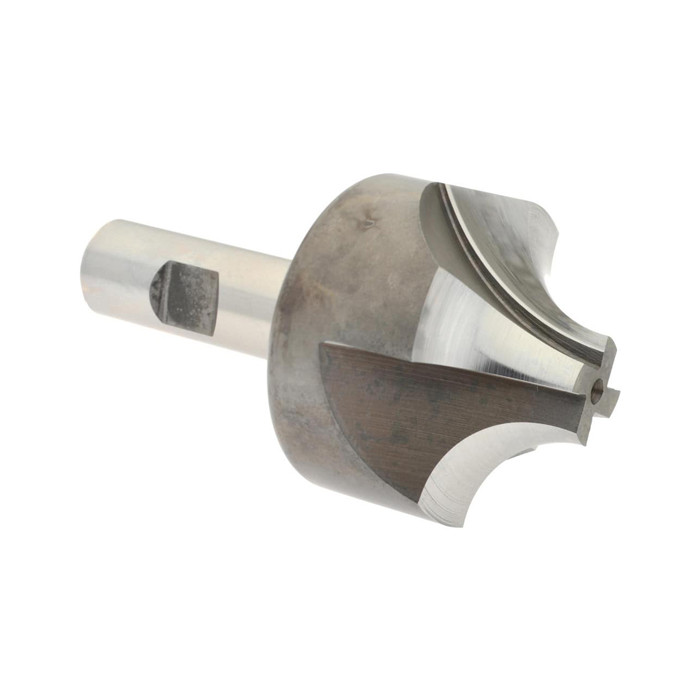 HSS Metric & Inch Corner Rounding End Mill For Industrial
HSS Metric & Inch Corner Rounding End Mill For Industrial -
 5C Hex Collet With Inch and Metric Size
5C Hex Collet With Inch and Metric Size -
 Type G Arc Pointed Tree Tungsten Carbide Rotary Burr
Type G Arc Pointed Tree Tungsten Carbide Rotary Burr -
 Type K-90 Degree Cone Tungsten Carbide Rotary Burr
Type K-90 Degree Cone Tungsten Carbide Rotary Burr -
 Precision Dustproof Dial Caliper Of Double Shock-Proof For Industrial
Precision Dustproof Dial Caliper Of Double Shock-Proof For Industrial -
 F1 Precision Boring Head With Metric & Inch
F1 Precision Boring Head With Metric & Inch -
 HSS Metric & Inch Dovetail End Mill With 45 And 60 Degree For Industrial
HSS Metric & Inch Dovetail End Mill With 45 And 60 Degree For Industrial -
 Type C Cylinder Ball Nose Tungsten Carbide Rotary Burr
Type C Cylinder Ball Nose Tungsten Carbide Rotary Burr -
 HSS Threading Taps – ISO 529, Straight Flute, Spiral Flute & Spiral Point
HSS Threading Taps – ISO 529, Straight Flute, Spiral Flute & Spiral Point -
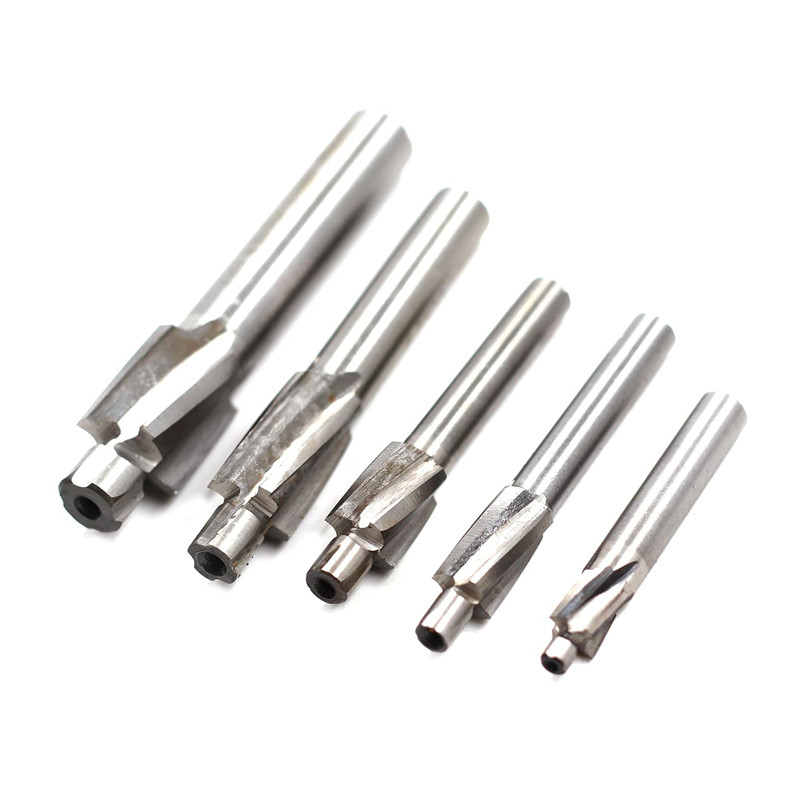 3 Flutes HSS Counterbore Drill Bit With Metric And Inch Size
3 Flutes HSS Counterbore Drill Bit With Metric And Inch Size -
 Precision Micrometr Holder For Micrometer
Precision Micrometr Holder For Micrometer -
 TCT Annular Cutters With Weldon Shank For Metal Cutting
TCT Annular Cutters With Weldon Shank For Metal Cutting
Related search
Related search- Wholesale ball nose end mill
- lathe tools Manufacturers
- High-Quality snmg insert
- partial profile 55 degree threading insert Suppliers
- disk micrometer Factories
- morse taper holder Suppliers
- High-Quality MDHN turning tool holder
- Involute Gear Cutters Factories
- SCBC turning tool holder
- Wholesale dial test indicator




